| Posted on
Origin of the title "Mahatma"
The title "Mahatma" is a Sanskrit term meaning "great soul" or "respectable". It is a combination of two words: "Maha" means great and "Atma" means soul. This badge of honor has been used in Indian culture for centuries to indicate individuals of exceptional mental and moral standing.
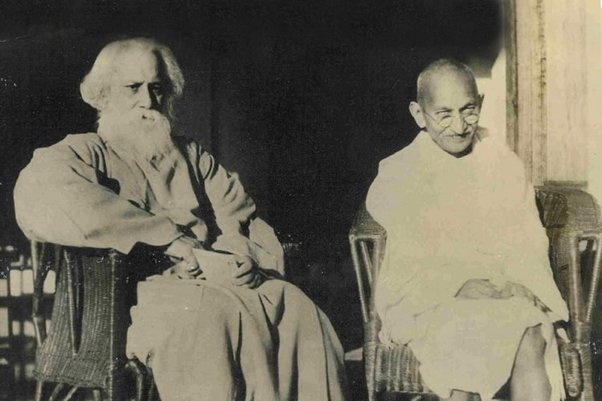
Who gave Gandhi the title?
Contrary to popular belief, there is no definite answer as to who first gave Gandhi the title of Mahatma. However, historical evidence points to several main figures and events that contributed to the widespread use of Gandhi's epithet.
1. Role of Rabindranath Tagore
Many sources credit Nobel laureate Rabindranath Tagore as the first to call Gandhi "Mahatma". Tagore, India's famous poet, philosopher, and cultural icon, used that name for Gandhi as early as 1915. This was shortly after Gandhi returned to India from South Africa, where he had already been recognized for his civil rights.
Tagore used the title because of his position in Indian society and global reputation. His acceptance as Gandhi's "great soul" helped cement his position as an immensely important spiritual and political leader.
2. The Gujarat League
Some historians claim that the title was first used by admirers of Gandhi's home state of Gujarat. According to this story, Gujaratis, impressed by Gandhi's work in South Africa, began calling him "Mahatma" even before he returned to India. This designation at the grassroots level reflects the profound impact Gandhi had on his countrymen with his philosophy of nonviolent resistance and moral leadership.
3. Role of Indian Newspapers
Indian newspapers played a crucial role in popularizing the name of Mahatma Gandhi. As his fame grew and his involvement in the Indian independence movement intensified, many publications began calling him honorable. This use of media helped spread the title across the country and then the world.
4. Gandhi's discomfort with the title
It is important to note that Gandhi himself was uncomfortable with being called "Mahatma". He considered the title to be an excessive compliment to his personality and felt that it distanced him from the common people he wanted to serve. Gandhi wrote in his autobiography, A Story of the Trials of Truth:
"I have often been deeply wounded by the title, and I do not remember a moment when it tickled me."
Despite his opposition, the title remained and became an integral part of how the world came to know and remember him.
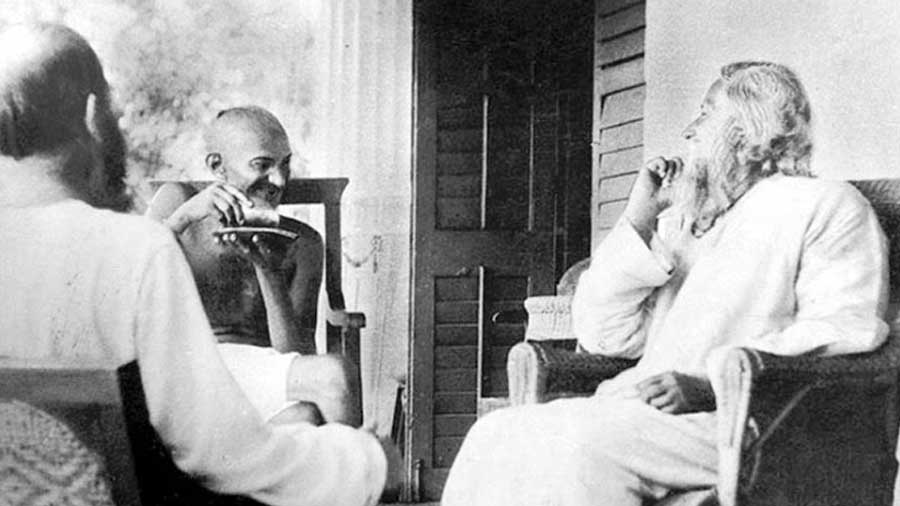
Meaning of the Title
Giving Gandhi the title of Mahatma was not just a matter of personal honor. It had deep implications for the Indian independence movement and Gandhi's role in it:
1. Spiritual Leadership: The title emphasized Gandhi's role not only as a political leader but also as a spiritual leader of the people. It emphasized his moral authority and the ethical foundations of nonviolent resistance.
2. Unifying force: By elevating Gandhi's status above ordinary politics, the title helped unify the various factions of the independence movement he led.
3. International recognition: As the title gained international currency, it helped bring global attention to India's struggle for independence and Gandhi's unique approach to political activism.
4. Legacy Building: The title played a crucial role in shaping Gandhi's legacy, ensuring that he is remembered not only as a political figure but also as a moral role model and spiritual leader.
Context of transfer of the title
To fully understand the meaning of Gandhi called "Mahatma", it is important to consider the historical context:
1. Colonial period: India was under British colonial rule and independence. movement sped up. Gandhi's approach to nonviolent resistance (Satyagraha) was revolutionary and needed a powerful symbol to rally around.
2. Cultural Renaissance: India experienced a cultural and spiritual renaissance with leaders like Tagore emphasizing the importance of indigenous values and traditions. The title "Mahatma" linked Gandhi to this broader cultural movement.
3. Global attention: As news of Gandhi's activities spread around the world, the name helped create a compelling narrative about his work that resonated with an international audience.
The Development of Gandhi's Public Image
The use of the title "Mahatma" was part of the wider development of Gandhi's public image:
1. Lawyer to Activist: The title symbolizes Gandhi's transformation from a British lawyer to a dhoti-clad champion of the masses.
2. Simplicity and asceticism: The title reinforced the image of Gandhi as an ascetic leader dedicated to simple living and high thinking.
3. Moral Authority: As a 'Mahatman', Gandhi's words and actions carried enormous moral weight and influenced the masses as well as the political elite.
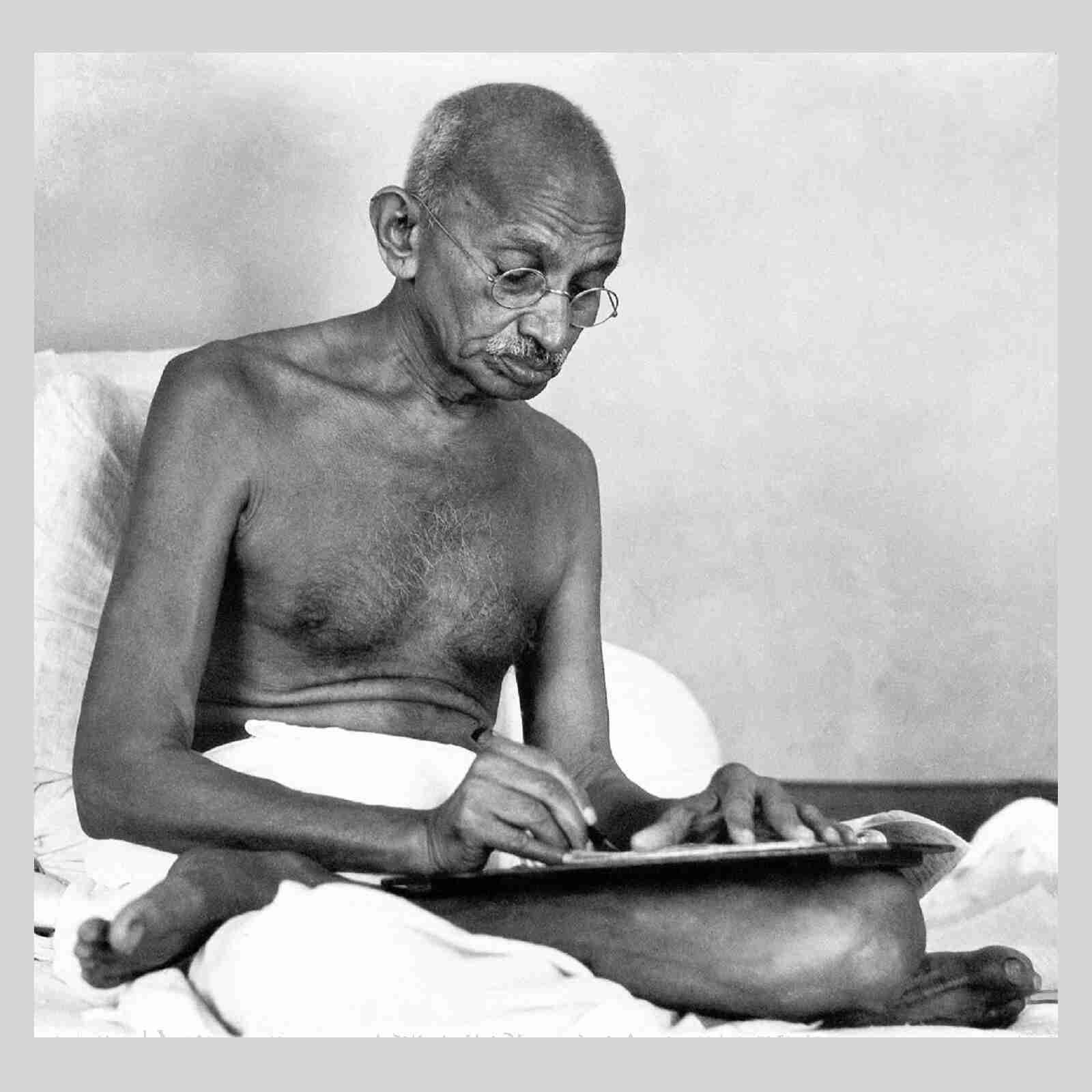
Conclusion
Although we cannot associate the name "Mahatma" with a single person or moment, its widespread adoption reflects a collective recognition of Gandhi's extraordinary spiritual and moral status. Whether it was first used by Rabindranath Tagore, popularized by Gujarati admirers, or the Indian press, it became an integral part of Gandhi's identity and legacy.
The story of how Gandhi came to be known as the "Mahatma" is in many ways the story of how he captured the imagination of the nation and the world. It speaks to the power of moral leadership and the ability of individuals to inspire profound change through their actions and ideals.
If we consider the question that gave Gandhi the title of Mahatma, perhaps the most correct answer is that it was given to him by the collective consciousness of those who recognized in him the qualities of a "great soul". In this sense, the title was not bestowed by anyone but earned through Gandhi's lifelong dedication to truth, non-violence, and service to humanity.
0
0 Comment
| Posted on
One of the maximum reliable human beings in modern-day information is Mohandas Karamchand Gandhi, or Mahatma Gandhi as he is more widely diagnosed. His nonviolent mindset and his contribution to India's fight for independence from British management have had a prolonged-lasting impact on the region. His moniker "Mahatma," which translates to "Great Soul" in Sanskrit, is an exciting part of his legacy. What modified into the which means that that of Gandhi's end up privy to and who gave it to him? Let us take a look at the means and records of this honorific.
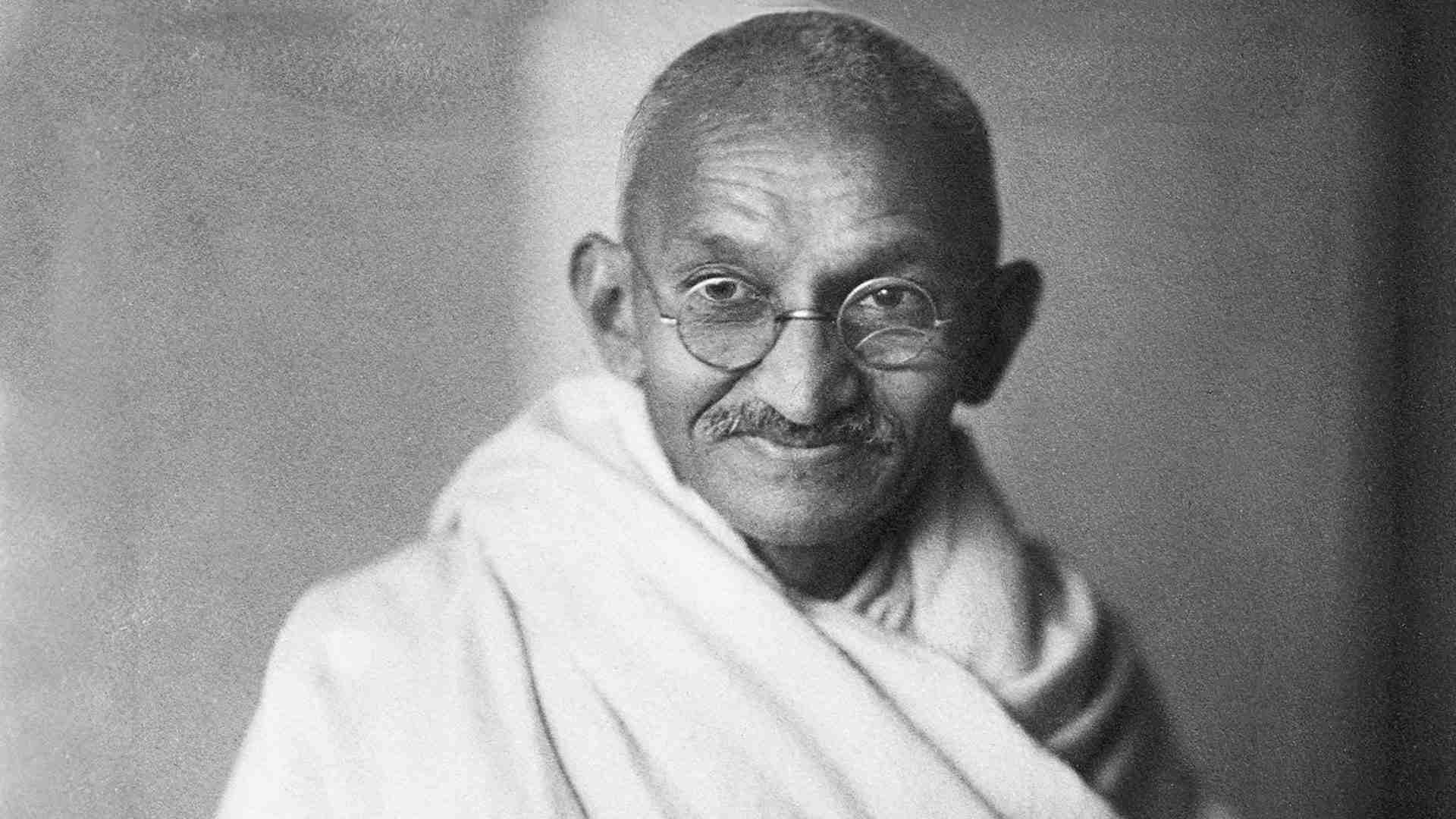
The Origins of the Title "Mahatma"
The first man or woman to name Gandhi "Mahatma" emerged as the Indian poet, truth seeker, and Nobel laureate Rabindranath Tagore. Gandhi turned out to be recounted with the aid of the use of the manner of Tagore, whose writings and philosophical angle had a big impact on Indian society, as a profound religious and moral chief. Gandhi came to be referred to as "Mahatma" via Tagore in a 1915 letter, recognizing Gandhi's dedication to social reform and his attempts to manual India towards nonviolent self-rule.
It is important to have a look at Rabindranath Tagore's character an amazing way to recognize the means of this perception. Tagore, who was born in 1861, became a multitalented genius who made crucial contributions to tracking, portraying, and writing. He was the number one non-European to receive the 1913 Nobel Prize in Literature for his poetry series "Gitanjali." Gandhi's thoughts of justice, fact, and nonviolence were in line with Tagore's imagination and prescient of a peaceful and developing society.
The Title "Mahatma"
Rabindranath Tagore, the famous Indian poet and logician who received the Nobel Prize in Literature in 1913, is credited with coining the period "Mahatma" for Gandhi. Tagore had a cordial but on occasion, acrimonious dating with Gandhi, replacing thoughts and admiration for every special's opinion that at times led to disagreements.
The period "Mahatma" for Gandhi changed into first used by the renowned Indian poet and truth seeker Rabindranath Tagore, who modified into provided the Nobel Prize in Literature in 1913. Tagore and Mahatma Gandhi had a pleasant however on occasion changing ideas, and showing admiration for each other's opinions, which on occasion caused arguments.
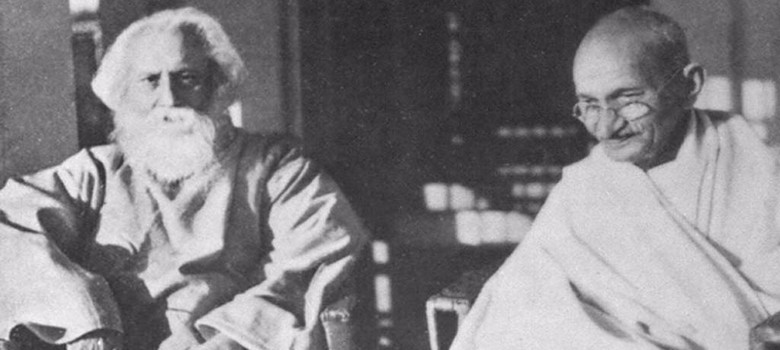
Tagore's Role
According to reports, in 1915, Tagore called Gandhi "Mahatma," spotting the latter's awesome moral and non-secular characteristics. The truth that Tagore was deeply versed in Indian spirituality and tradition gave credibility to his evaluation of Gandhi as a "top-notch soul." The awe and recognition that many human beings in India and the past had for Gandhi's ideals and deeds became captured in this title.
The Spread and Acceptance of the Title
The Indian humans answered strongly to the identity "Mahatma" due to the fact they were inspired by Gandhi's austere lifestyle, dedication to Satya (truth), and nonviolent strategies. Gandhi's personification of those standards—which had been vital to Indian spirituality—changed into reflected in the title.
As Gandhi's impact grew, the title of "Mahatma" became synonymous together with his identity. It changed into no longer best an accolade but a reputation of his moral and ethical leadership. The term's extensive utilization was further cemented when the Indian National Congress, the principal force at the back of the independence war, started out using it whilst relating to Gandhi.
Gandhi's Humility and Reluctance
Even though the term "Mahatma" became widely used, Gandhi observed it uncomfortable to be called such. He averted titles like this because he became humble and self-effacing. Gandhi regularly emphasized to his fans the importance of service and humility because of the foundations of authentic greatness.
Gandhi made it clear in his writings and speeches that the values of fact and non-violence had been now not new to him but as a substitute had their roots in Indian history and were open to all and sundry. Rather than being a person deserving of specific awe, he takes into consideration himself as merely an endorser and practitioner of those general principles.
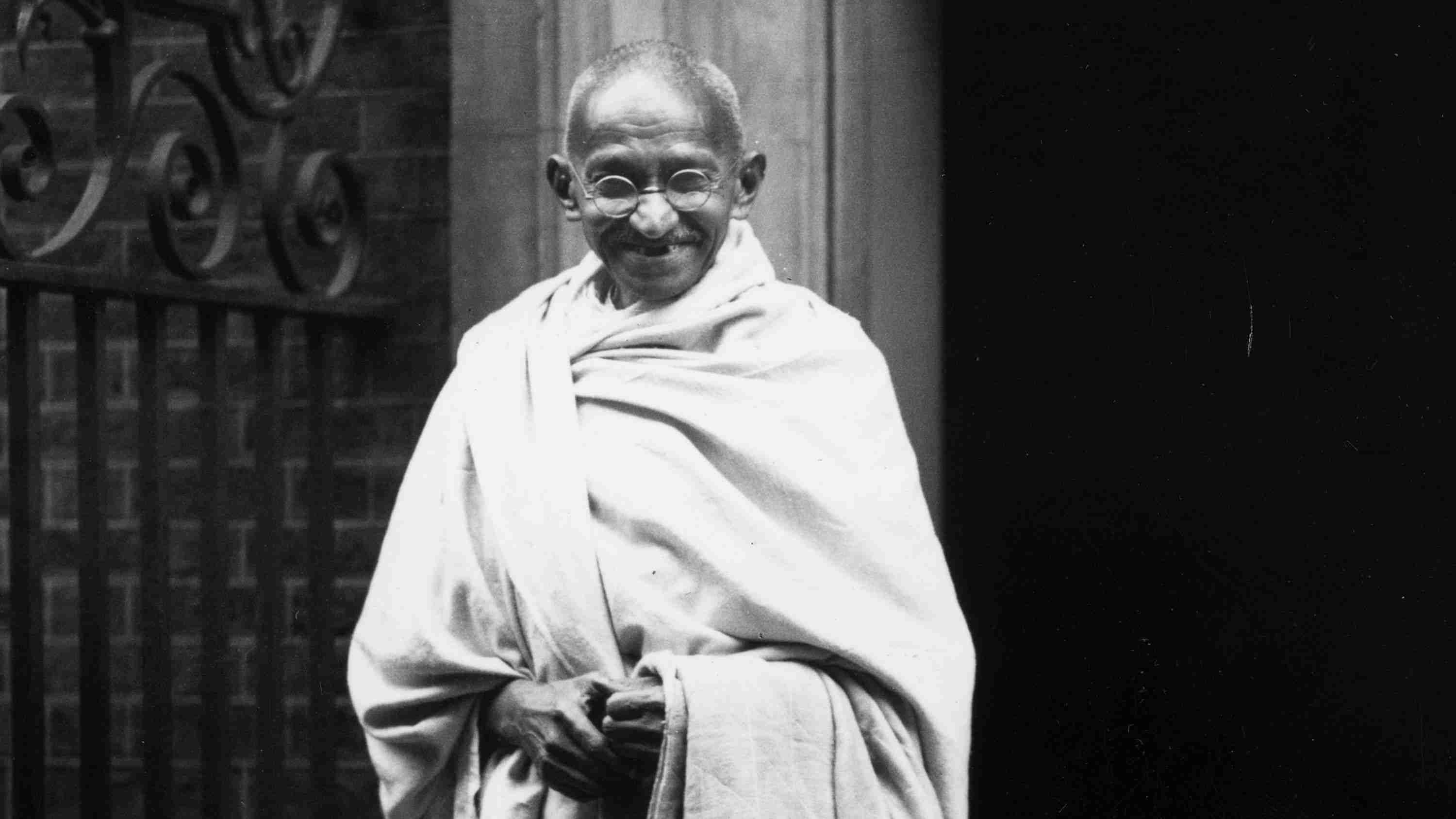
Contributions and Legacy
Gandhi's impact on the globe and India goes nicely past his title of "Mahatma." His nonviolent technique to social change motivated moves for human rights and social change throughout the sector, inclusive of Nelson Mandela's anti-apartheid marketing campaign in South Africa and Martin Luther King Jr.'s American Human Rights Movement.
Mahatma Gandhi's management performed a pivotal function in energizing the Indian population and cultivating a collective spirit of resistance in opposition to the oppressive colonial regime. His nonviolent protest techniques, such as the Quit India Movement in 1942 and the Salt March in 1930, were critical to the eventual achievement of Indian independence in 1947.
Gandhi's appellation "Mahatma," at first given to him through Rabindranath Tagore, bears witness to his sizeable impact on the ethical and non-secular recognition of his era. Gandhi may not have been eager to simply accept such an appellation, however, the name as it should be captures the respect and awe that have been bestowed upon him for his unrelenting willpower toward justice, truth, and non-violence.
Gandhi's legacy as the "Mahatma" conjures up and speaks to people all over the international, serving as a constant reminder of the strength that comes from modesty, compassion, and peaceful resistance to injustice. The tale of who bestowed the term "Mahatma" onto Gandhi isn't always merely an ancient anecdote, but alternatively a testament to the profound regard and acknowledgment that he accrued via an existence dedicated to serving humanity.
0
0 Comment
